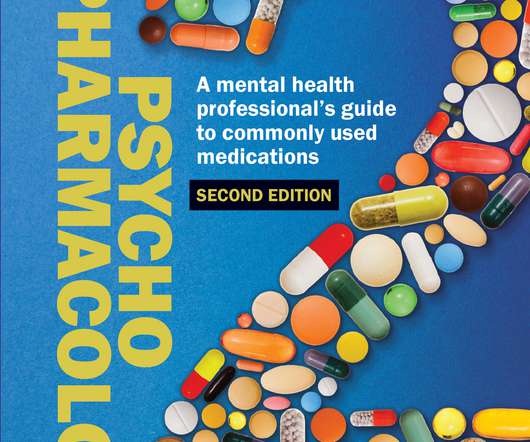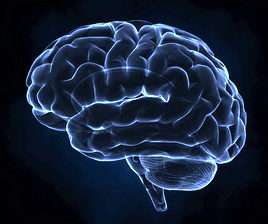The long awaited second edition Psychopharmacology: A mental health professional’s guide to commonly used medications by Herbert Mwebe
The Critical Blog
SEPTEMBER 13, 2021
Whilst there are various alternative interventions to managing moderate to severe mental health presentations, psychotropic medications remain the mainstay interventions used in various clinical settings. haloperidol or clozapine) might either worsen or improve the person’s physical, mental and psychological wellbeing.













Let's personalize your content